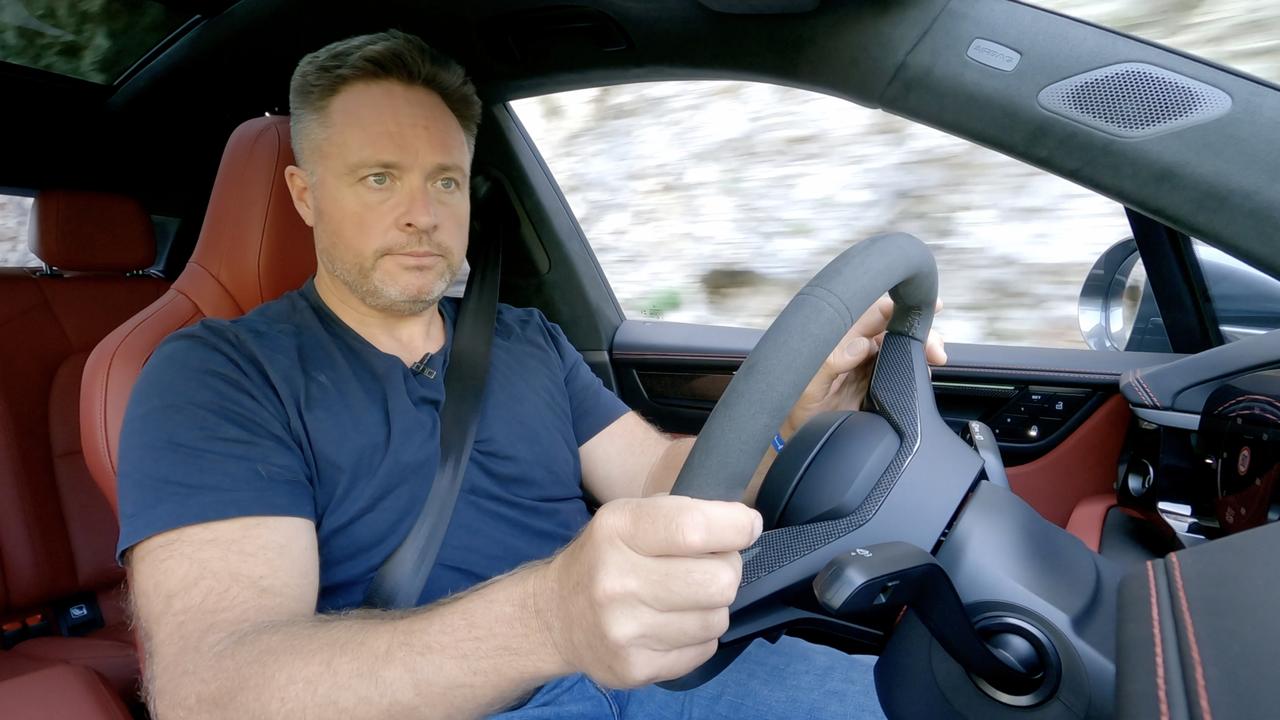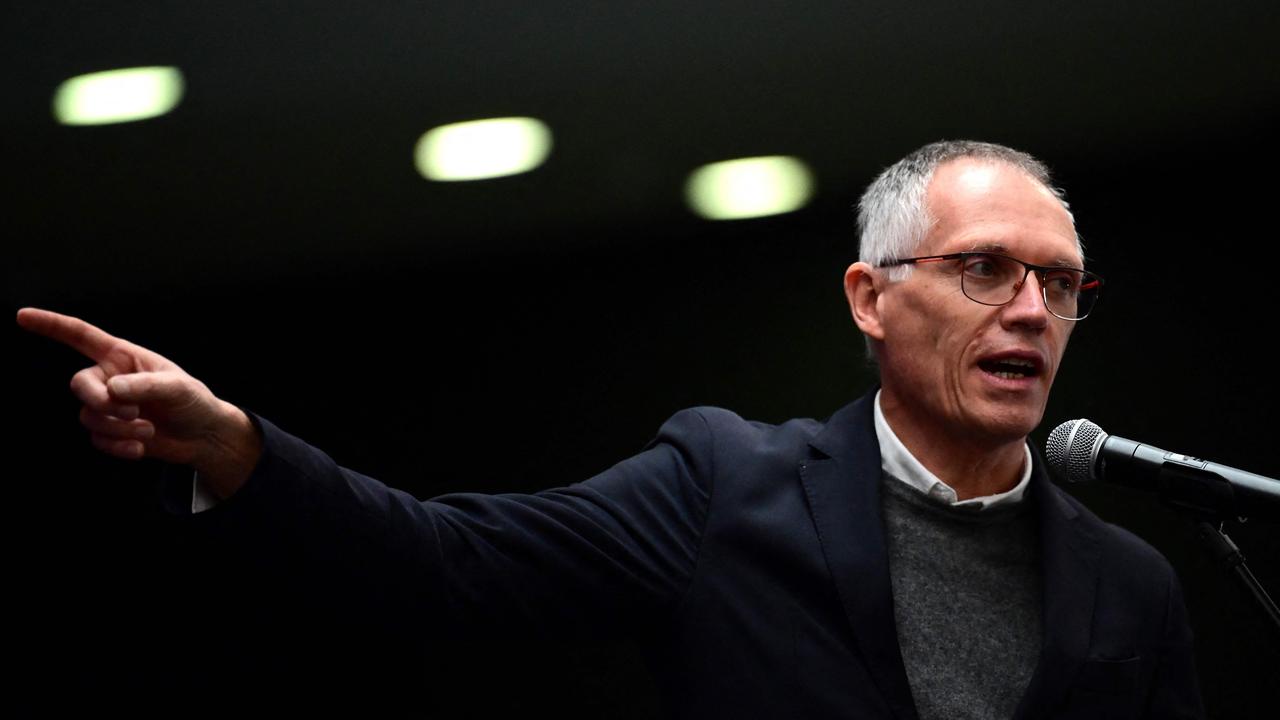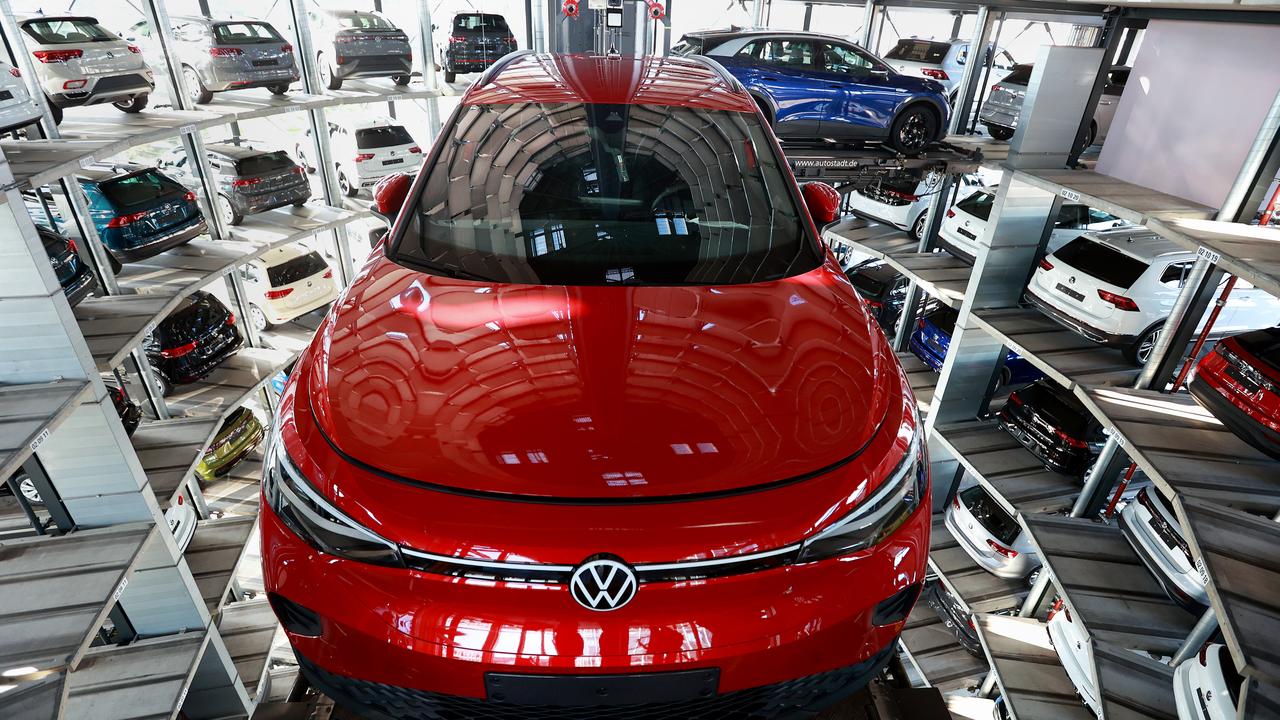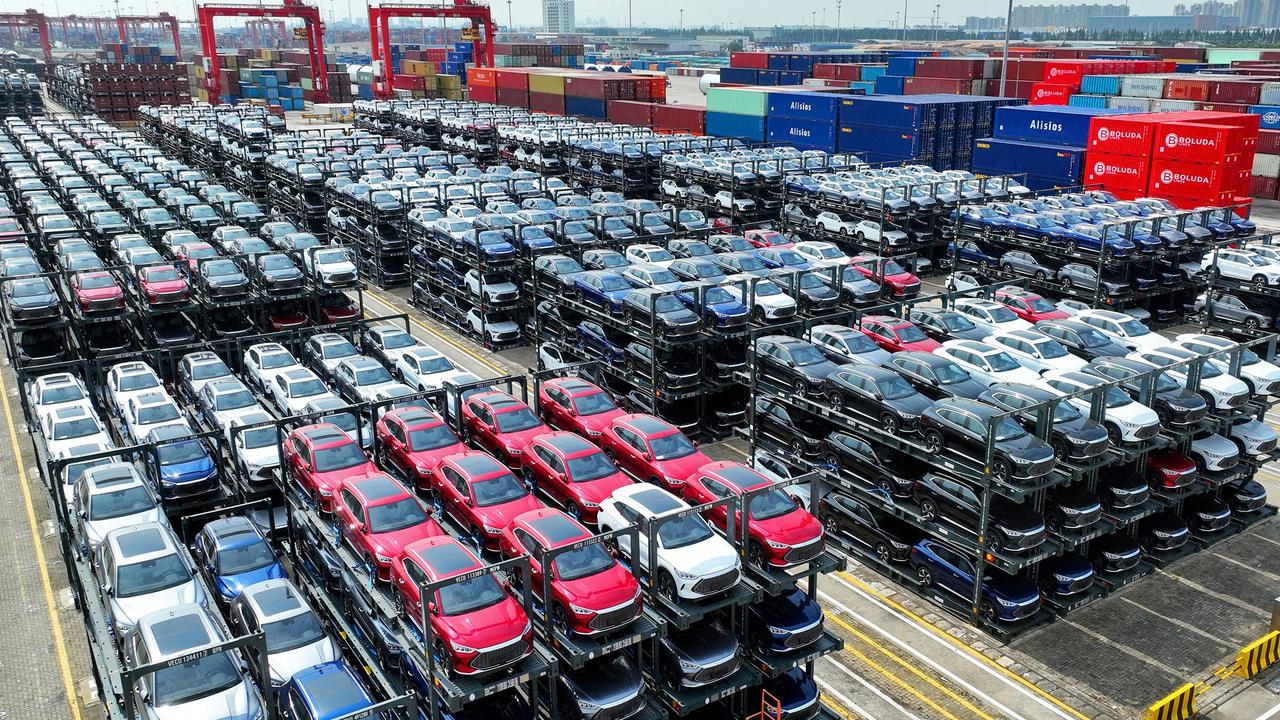Legacy automakers in trouble: Nissan, Stellantis and Volkswagen struggle to stay afloat
The automotive industry is facing unprecedented times as some of its biggest names face turmoil.
Just last week, Nissan made headlines as the automaker faced potential closure within 12 to 14 months.
At the same time, its chief financial officer departed the company.
Volkswagen is also battling strikes, job cuts and factory closures.
Meanwhile, Stellantis, the parent of brands like Jeep and Fiat, has also seen its CEO resign.
News Motoring contributor and editor of EV Central, Toby Hagon, said he’s never seen such change in the market.
MORE: Auto bloodbath as CEO quits

“There’s been nothing like this that I can remember in the last 30 or 40 years,” he said.
“It’s an enormous change that’s impacting the entire industry.”
There are myriad reasons why brands are facing these crises, starting with the fact that traditional automakers have been too slow to adapt to electrification.
Volkswagen has not launched an EV in Australia. Mazda brought in a single batch of electric cars that are no longer on sale and Toyota’s sole EV, the BZ4x, has struggled to find traction with customers.
MORE: Car maker crisis deepens as heads roll

“Some brands have been too slow to respond to the electrification shift” Hagon said.
“So you’ve got brands still trying to sell the stuff they’ve been selling for how many years, and they’re struggling to make it work.”
Hagon believes they are reluctant to abandon massive investments in internal combustion engines.
“A lot of these brands, particularly the Japanese, have invested billions and billions of dollars in internal combustion engines,” he said.
“They’re reluctant to wave goodbye to that significant investment.”
Another factor is the rise of aggressive new competitors from China.
MORE: The real reason this car giant is struggling

China has had the last twenty years to perfect their craft and they’ve become the biggest car market and manufacturer in the world.
China’s 100-plus domestic brands have focused on their domestic market until now.
“We’re now seeing them focus on export markets and they’ve gone through their 10 or 20 years of learning, learning things like manufacturing, learning how to make cars appealing, making mistakes along the way,” Hagon said.
“The reality is, a lot of them are getting it very right now, so they’re suddenly kicking goals.”
The Chinese government has also played a part by incentivising the investment in electrification, triggering trade tariffs in Europe and the US.
Battery expertise, particularly in cheaper lithium phosphate technology, is a major advantage for Chinese brands.
Companies such as BYD effectively started as a battery manufacturer before pivoting to make cars.
“The battery is the most expensive component of an electric vehicle,” Hagon said.
“So if you can control that, if you’re up to date on the technology, if you are ahead of the competitors in terms of battery chemistry and battery technology, then you have a significant advantage.”

Software and outsourcing components is another area where traditional brands lag compared to the likes of Tesla.
The vertical integration allows these new automakers to offer EVs at a lower cost.
Despite growing global demand for EVs, many brands are failing to meet their sales targets.
Hagon believes this is because traditional brands have missed the mark with their product.
“The product is the most important thing in the car industry,” he said.
“And the reality is, a lot of the EVs that have been dished up so far by traditional brands have been off the pace, either in price, value or substance.”
Hagon said if brands “get the product right”, people will buy them.
But as the industry becomes more competitive, he believes not all car brands will make it.
“It’s inevitable that some of the brands that we know and love will not necessarily make it,” he said.
“This also goes to China. Some of the Chinese brands I don’t think will make it either.
“I think it’s only going to get more intense over the next few years, because every new generation Chinese car we see coming out is a significant leap over the previous one.
“The Chinese are now producing world class cars. And you couldn’t say that 10 years ago.”



